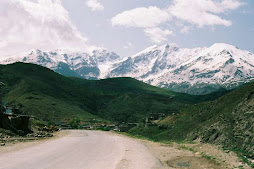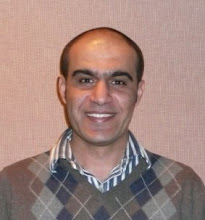On January 10th, 2011, the campaign for electing the members of the long overdue congress of the Kurdistan Health Workers (excluding physicians) started. The electoral process of this otherwise purely service oriented organization is tainted by huge political interferences and characterizations.
The health workers first organized themselves in lists that belong to the main political parties in Kurdistan. The PUK and KDP, as they did in the parliament and other elections, created a single list with candidates evenly distributed among the two. The Gorran movement also participates with a list, as did the Islamic Union, Islamic Group, the Communists and others. Lists carry names that are indicative of political party affiliation and the names of the candidates are not known, or only partly known, because the electoral lists are so called "closed" ones; meaning that the party will choose among a pool of candidates according to the vote the list receives in the election.
Apart from those disturbingly undemocratic processes of holding an election, the polarization of the health workers based on political lines, greatly undermine the ability of the new syndicate in advocating on their behalf. It is striking that the slogans, plans and programs of the lists are so similar that someone with no knowledge about the politics of the region would not be to distinguish among them. All the lists ask for a better pension, a better wage, and an equal opportunity policy with regard to health workers in the health care system. They all want the government to provide health education opportunities and continuous professional development program for them. There are no distinctively different ideological divide among the lists in terms of their attitude toward philosophical and/ or economic organization of the health care system.
The election will be a litmus test for the popularity of the political parties in the health care system, and it will not add any benefits neither to the health workers nor to the health system. The only benefit that health workers got was the series of invitations, lunches, dinners and prize distribution that the main political parties arranged for their affiliates.
It is disturbing that the political parties that regard themselves as opposition to the political establishment in Kurdistan use the same old anti-democratic mechanisms in relation to syndicates and associations. They use the latter as tools to advertize their political agenda inside the sections of the community that those syndicate exist. Political parties here in Kurdistan spend a significant chuck of their budget (which usually comes from public funds) on election campaigns and ads. This is not allowing a breathing space for a slow and progressive development of groups, associations and syndicates that are truly representative of their members and, willing to strongly advocate their rights and put pressure on the government and the political parties to fulfill their demands.
Tuesday, January 11, 2011
Subscribe to:
Posts (Atom)











